Winter is just around the corner. Ruchira tells us about the monkey cap, a butt of jokes in Bengal, tracing its antiquity – an exclusive for Different Truths.
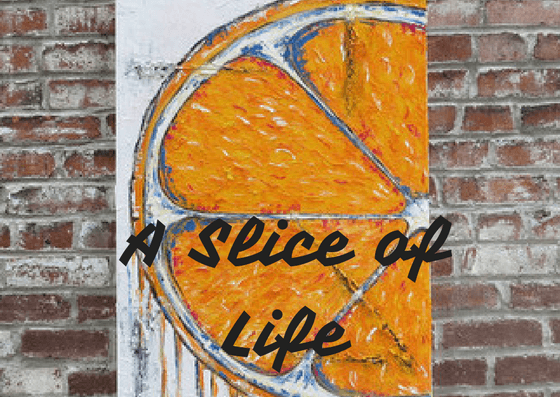
The very mention of the word monkey cap is bound to evoke guffaws, giggles, and laughter. This ubiquitous winter wear has been transmogrified into a laughingstock. However, it is a sine qua non for the average middle-class Bengali bhodrolok with the onset of winter every year.DOWNLOAD NOW!
The non-resident Bengali (whether pan-India or overseas) has long been weaned from the monkey cap. But for those residing within the state, getting rid of it is an absolute no-no. It is a benefactor safeguarding them from the winter chill. Paradoxically during ‘winter” in Shonar Bangla, the average daily temperature only hovers between 11 and 21 degrees.
The folks are thus happily unscathed by harsher winters in the north and hilly regions of the land.
The folks are thus happily unscathed by harsher winters in the north and hilly regions of the land. Where ignorance is bliss, it’s folly to be wise. Ever wondered why such a bizarre nomenclature? I’m sure most of us didn’t. Well, I feel the reason is twofold. This cap drapes your head, neck, and ears, leaving only your mouth, eyes, and nose visible, thus rendering a simian /monkey-like look. And two, it comes in buff, brown, and similar hues closely matching the primates’ skin colour.
There lies an interesting history behind the origin of the “monkey cap.” We have all heard of the Crimea War of 1854, immortalised by Florence Nightingale, who rendered yeomen’s service to the injured and dying soldiers. As a part of this mega war, a battle was fought at Balaclava where British troops – unfamiliar with the terrain and weather – suffered greatly from a paucity of heavy woollens. When the news spread through Britain, people began knitting warm clothing for the soldiers, including woollen caps to be worn under their
helmets. The soldiers nicknamed these Balaclavas. However, Richard Rutt, an English Catholic bishop, wrote in his chronicle History of Handknitting that the name “Balaclava helmet” was not used during the war but made its debut as late as1881.
Even today, Balaclavas are famous and profusely worn worldwide.
Even today, Balaclavas are famous and profusely worn worldwide. Professional skiers and snowboarders don them to stave off frostbite and dried skin. Motorcyclists, sports motorists, mountaineers, and bicyclists lean heavily on Balaclavas to safeguard themselves from the vagaries and harshness of the weather. Interestingly the modern Balaclavas come in motley hues: blue-black, green, orange, and red which kind of mutes the connection with our tailed ancestors besides blending/matching with all shades of modern-day apparel.
Historians will vouchsafe that, like many other items and icons, the monkey cap is a British legacy.
Come to think of it; monkey caps have always been portrayed in a comic vein by both Bollywood and Tollywood. The famous comedian of all time, Keshto Mukherji, is seen wearing these umpteen times (can’t recall how many). Dharmendra wears it in the rib-tickling flick Chupke Chupke when he impersonates the gnarled old chowkidar of a guest house. Uttam Kumar, who plays the same role in the Bangla version of Chhadmabeshi, also wears one.
In a recent movie, hanuman.com, Prosenjit Chatterji (aka Boomba), too, wears a monkey cap while gallivanting around Reykjavik (Iceland) to solve a gruesome online murder. Or how can one overlook the Feluda series of movies (written and scripted by Ray himself) wherein Lalmohan Ganguly (aka Jatayu), the good-natured but dim-witted author, forever keeps a monkey cap handy while travelling to ‘colder’ destinations along with the sleuth and his assistant. All said and done, inroads of modernity and far-reaching trends in styles (read dresses) notwithstanding, monkey caps will not become obsolete. In the life of an archetypal Bengali, that is. So please take my advice: the moment you feel the chill (thanda poray geche), grab your monkey cap (bandor tupi)
or else thandaa lege jaabe (you will catch a cold). Atishoo!
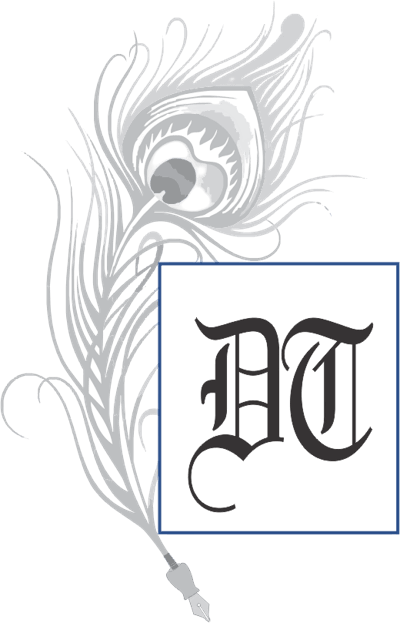 Picture design Anumita Roy
Picture design Anumita Roy
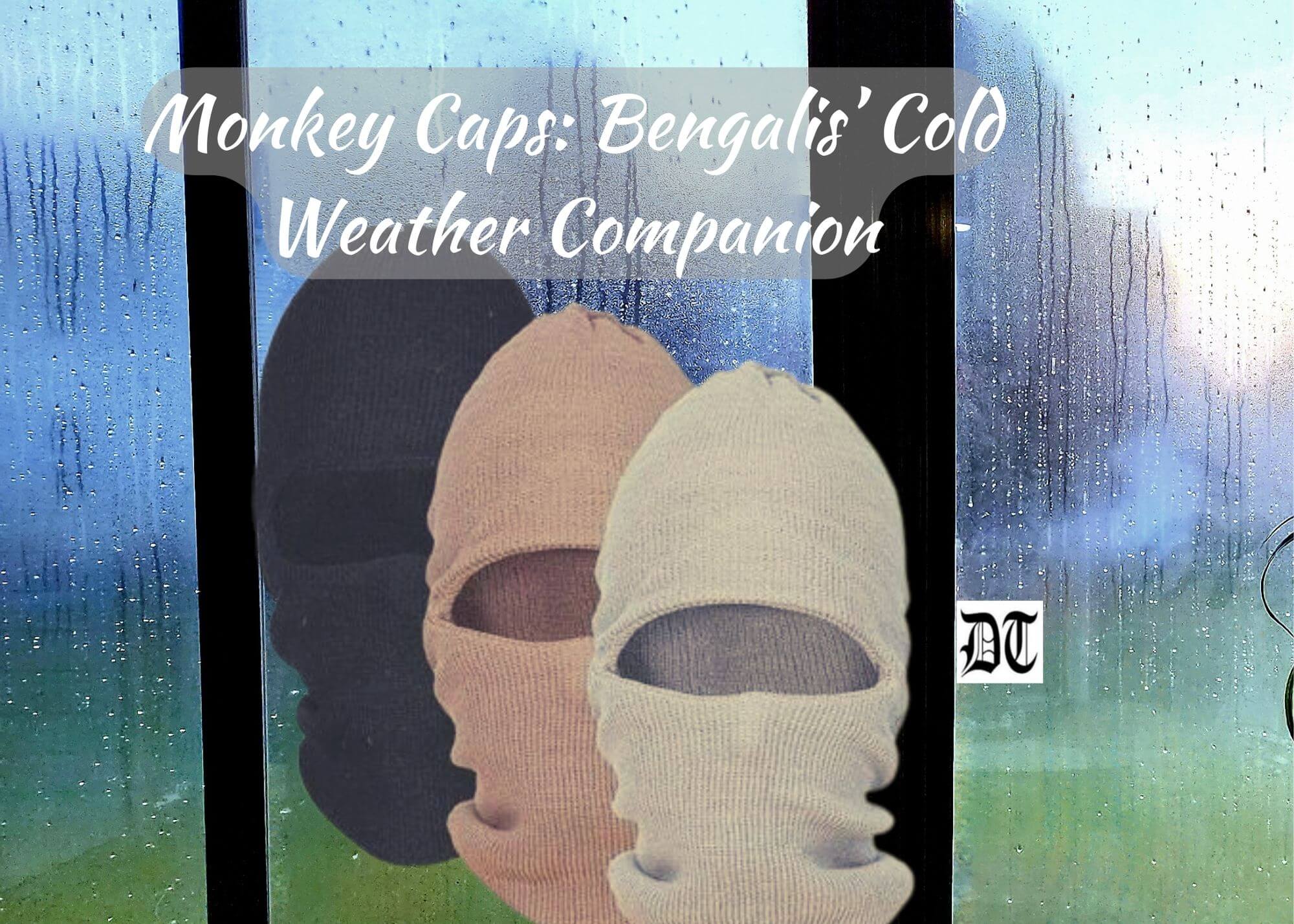

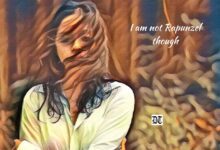
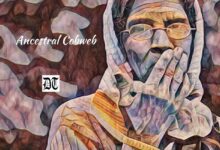

 By
By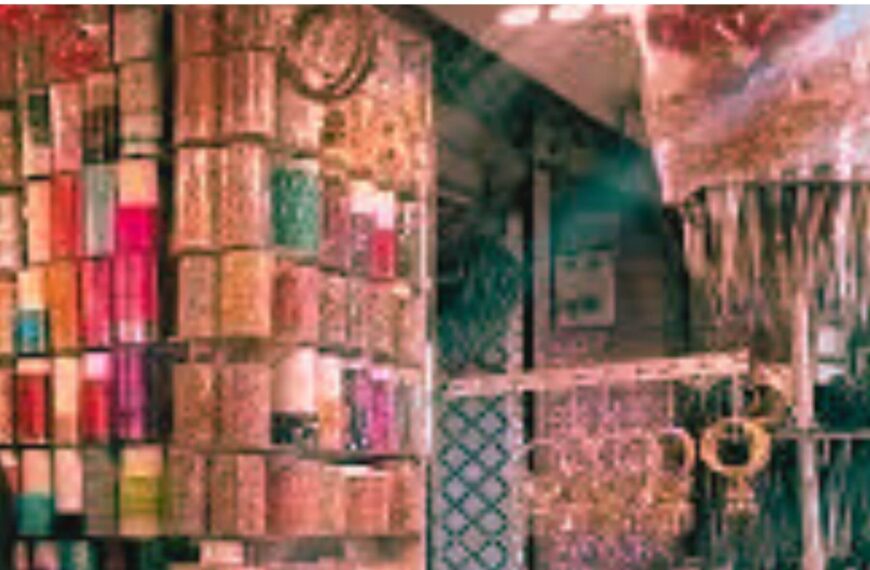


 By
By